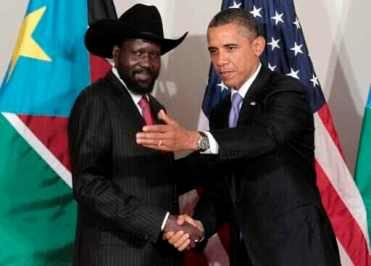North-African country, Sudan, is currently one of the most destitute, violent, isolated regions in Africa.
Modern Sudan was once known as Nubia, a kingdom that came under Egyptian jurisdiction in 2600 B.C. Until 350 A.D., civilization Kush flourished in Sudan and Egypt. Eventually, It was converted into Christianity by missionaries in the sixth century, and soon was converted to Islam by muslim arabs. In the 1500’s, several black groups settled in Southern Sudan as it was conquered by the Funj. Egyptians gained control of Sudan again in the 19th century, when it was again under British rule. Over its history, Sudan has been exposed to multiple cultures that shaped its growth.
In 1956, Susan was finally proclaimed independent from English rule. This independence did not mean stability for the Sudanese. The twentieth century saw multiple failed parliamentary governments ruling over Sudan that eventually led to Sudan’s current state of destitution. The terrorism, ethnic persecution and human rights violations in Sudan expanded the rift between Sudan and the modern world. In 1995, the UN general assembly imposed sanctions against Sudan.
For years, the United States has attempted to improve the situation in Sudan and prevent the government from killing its people. After 20 years of hostility and no trade, the Obama administration changed the relationship between Sudan and the United States. The Obama administration is opening doors for Sudan in their last weeks in office.
On Friday, January 13th, it was announced that the new strategy will give trading access between the U.S. and Sudan. Sudan’s collapsing economy will benefit from trading with the U.S. for spare parts. In exchange for the trading between the US and Sudan, Sudan will improve access for aid groups and stop supporting South Sudanese rebels, cease bombing and begin to cooperate with US and UN efforts.
The new Sudanese-US relationship will assure progress in the economy and incentivise more humane efforts.





























